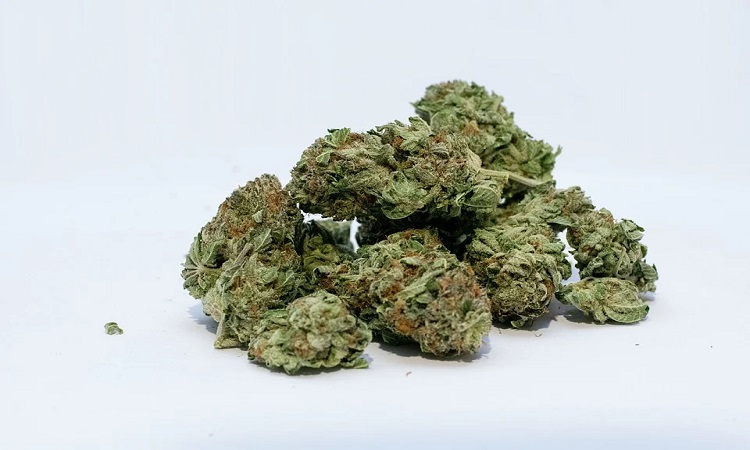Researchers at Harvard University developed a rapid test to detect with a saliva analysis if a person has recently consumed marijuana. The efficacy and performance of their prototype called EPOCH assesses risks and prevents consumption when someone has a job that may put others at risk.
According to the paper published in the scientific journal Science Translational Medicine, the rapid test is based on a cartridge on which a swab previously moistened with saliva is pressed. The cartridge contains membranes with attached molecules that bind to Tetrahydrocannabinol or THC, one of the psychoactive substances in cannabis.
When the test results are obtained, it is possible to know with certainty whether the person has consumed marijuana in the last six or twelve hours. To obtain a positive or negative result, the cartridge must be placed in a reader, which is also connected to a mobile application where the results are obtained in minutes.
One of the advantages of the test over existing ones is that EPOCH is based on saliva, blood or urine. This makes it possible to detect recent consumption in hours and not in days as its competitors do. In addition, with the app, the result can be obtained with the same accuracy in as little as five minutes.
Hojeong Yu, lead author of the research said, “Our rapid tests avoid false negatives for recent use; the test can be performed on the same day and not wait two or three days to apply the test”. In order to support their results, the researchers tested the EPOCH on 43 users and 43 non-users of marijuana.
After taking the tests, the test found a THC concentration level of 478 ng/ml for smokers in people who consumed cannabis. Meanwhile, for volunteers who were given an oral cannabis test, their THC level was 138 ng/ml.
Lead author Hojeong Yu, explained that there is a widespread problem with testing because unlike alcohol, there is no THC level that defines intoxication. “It’s really complicated to define the level of THC ‘Intoxication,’ so a given concentration could change the standards for defining it,” he said.
Nevertheless, researchers led by study author Hojeong Yu may be able to make their rapid test results more effective. This could take them to the next level to commercialize the EPOCH test and distribute the tests in public places or sites where there may be a danger of marijuana use.




